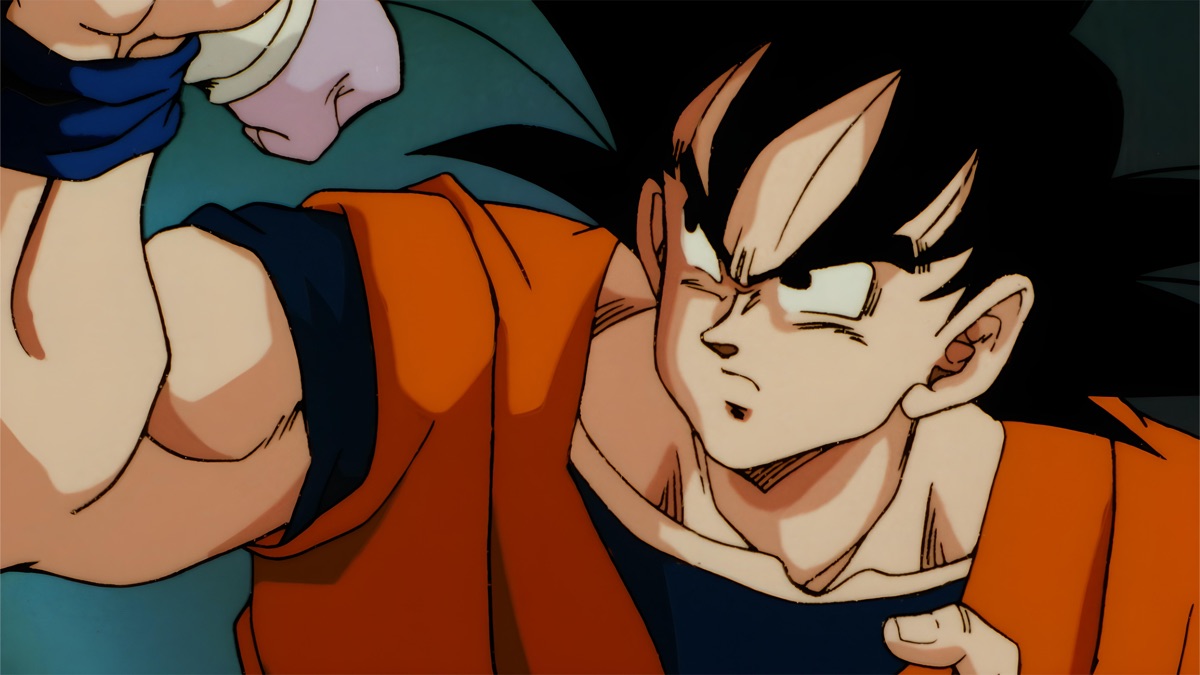

Comprehensive Guide To Watching Dragon Ball Z Movies In Order
With a franchise as popular and prolific as Dragon Ball, the manga/anime series expanded its adaptation from multiple television series to a number of films. With so many movies to choose from the iconic Dragon Ball Z era alone, it can be overwhelming for fans to know where to start. Whether you're a long-time follower or a newcomer, understanding the timeline of these films is essential to fully enjoying the rich narratives and character arcs.
Created by the late great Akira Toriyama, Dragon Ball Z (DBZ) produced numerous anime movies during its television run from 1989 to 1996. Although many of these films do not fit cleanly within the overarching narrative, they provide unique insights into the characters and their adventures. The last two movies in the DBZ series served as a bridge to the sequel series Dragon Ball Super, making them particularly significant for fans eager to explore the franchise's evolution.
In this guide, we will explore all the Dragon Ball Z movies in order and provide insights into their placement within the timeline. Whether you're planning a watch party or simply looking to catch up, this comprehensive overview will ensure you know exactly what to watch and when. So, get ready to dive into the thrilling world of Dragon Ball Z!
What You Will Learn
- An organized list of all Dragon Ball Z movies in chronological order.
- Insights on which movies are considered canonical within the franchise.
- Understanding the context of each movie in relation to the main series.
- Tips for watching the films in a way that enhances your overall experience.
All Dragon Ball Z Movies in Order and When to Watch Them

Throughout its television run, a total of 13 DBZ movies were released, each contributing to the overall mythos of the series. The first movie, Dead Zone, takes place just before the events of Dragon Ball Z, serving as an introduction to key characters and settings. However, many of the films are considered non-canonical, meaning they do not align perfectly with the established storylines in the main series. This can lead to confusion, especially when trying to place the films in the correct timeline.
The last three films, notably including Battle of Gods and Resurrection “F”, are set during a ten-year gap following the defeat of Majin Buu, leading directly into the events of Dragon Ball Super. This positioning is crucial for understanding the evolution of the characters and the world they inhabit, making these films essential viewing for any serious fan.
- Dead Zone (between Dragon Ball and Dragon Ball Z)
- The World’s Strongest (after Episode 39)
- Tree of Might (after Episode 66)
- Lord Slug (after Episode 85)
- Cooler’s Revenge (after Episode 124)
- The Return of Cooler (after Episode 146)
- Super Android 13! (after Episode 146)
- Broly: The Legendary Super Saiyan (after Episode 169)
- Bojack Unbound (after Episode 195)
- Broly: Second Coming (after Episode 207)
- Bio-Broly (after Episode 239)
- Fusion Reborn (after Episode 265)
- Wrath of the Dragon (after Episode 288)
- Battle of Gods (after Episode 288)
- Resurrection “F” (after Episode 288)
Understanding Canonical Movies in the Dragon Ball Z Universe
When discussing the Dragon Ball Z franchise, it's essential to differentiate between canonical and non-canonical films. Among the 15 movies produced, only Battle of Gods and Resurrection “F” are considered part of the official storyline, directly influencing the plot of Dragon Ball Super. These films represent pivotal moments in the franchise, contributing to character development and story arcs that carry over into the main series.
Most of the other films are regarded as non-canonical, meaning they do not fit into the established timeline or contradict the events of the anime and manga. However, some films, like Dead Zone and Bojack Unbound, are often debated among fans for their potential inclusion in the broader narrative. Their placement within the timeline raises questions about their significance and how they relate to the characters’ journeys.
For fans looking to understand the continuity of the Dragon Ball Z universe, it is crucial to recognize the context of each film. This knowledge not only enhances the viewing experience but also provides a deeper appreciation for the intricate storytelling and character arcs that have captivated audiences for decades.
In summary, watching Dragon Ball Z movies in order not only provides a structured approach to the franchise but also enriches your understanding of the characters and their relationships. Whether you’re a seasoned fan revisiting the classics or a newcomer discovering the series for the first time, this guide will help you navigate the expansive world of Dragon Ball Z with confidence!
Exploring The Mysteries Of True Detective Season 4: The Case Of Annie Kowtok's Tongue
Understanding Rhaenyra Targaryen's Fate In Fire & Blood: Impact On House Of The Dragon
Unlocking The Secrets Of The Sea People: How To Melt The Ice In Dave The Diver



